Ocean Acidification in Tokelau: Threats to Coral Reefs and Marine Biodiversity

This article explores the severe impacts of ocean acidification on Tokelau’s coral reefs and marine biodiversity, crucial for the region’s livelihoods and culture. It examines chemical mechanisms, ecological consequences, and the role of international cooperation, offering recommendations for local adaptation and global action to mitigate this crisis.
Ocean Acidification Threatens Niue’s Coral Reefs: A Growing Environmental Crisis
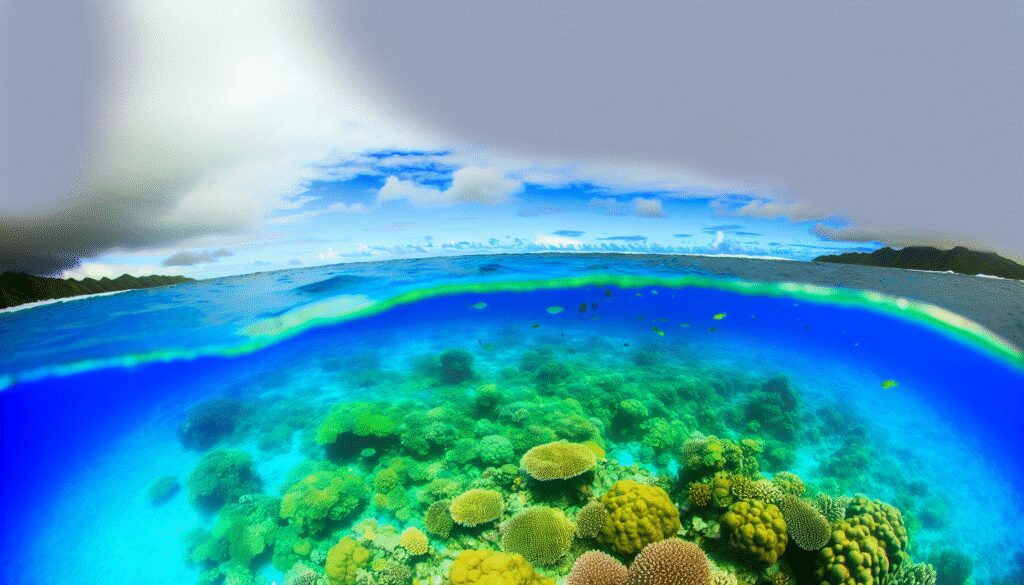
This article explores the severe impact of ocean acidification on Niue’s coral reefs, driven by rising CO₂ levels. It highlights the chemical and biological threats to marine life, socio-economic risks to fisheries and tourism, and advocates for urgent local and global action through regional cooperation and international treaties.
Sustaining the Ocean’s Bounty: Niue’s Innovative Approach to Sustainable Fisheries
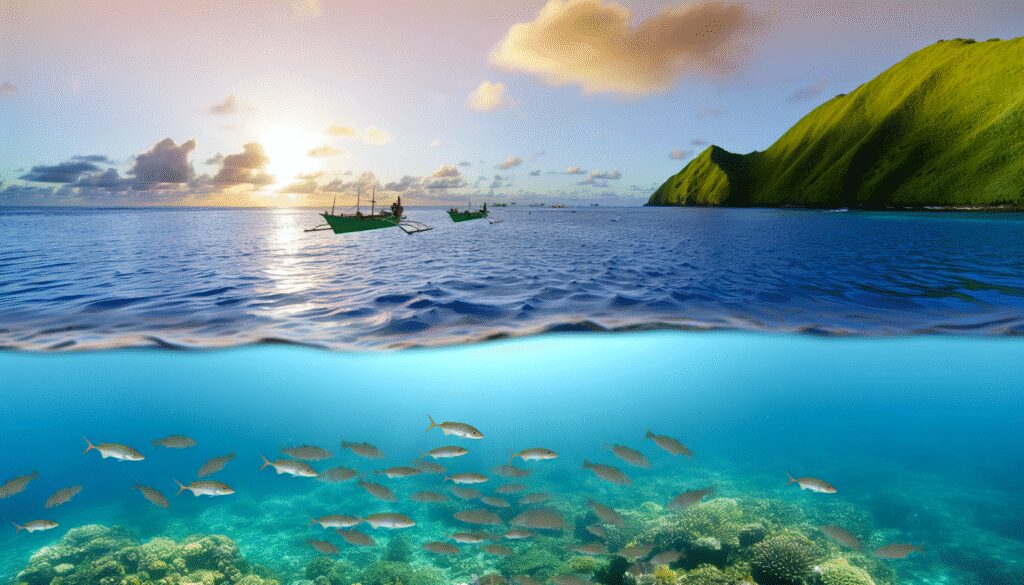
This article examines Niue’s innovative sustainable fisheries management as a model for small island developing states. Facing challenges like overfishing and climate change, Niue employs community-led conservation, marine protected areas, and regional cooperation through treaties like the Niue Treaty, offering valuable lessons for ocean governance.
Ocean Acidification Threatens Marine Life: Challenges for the Åland Islands Ecosystem
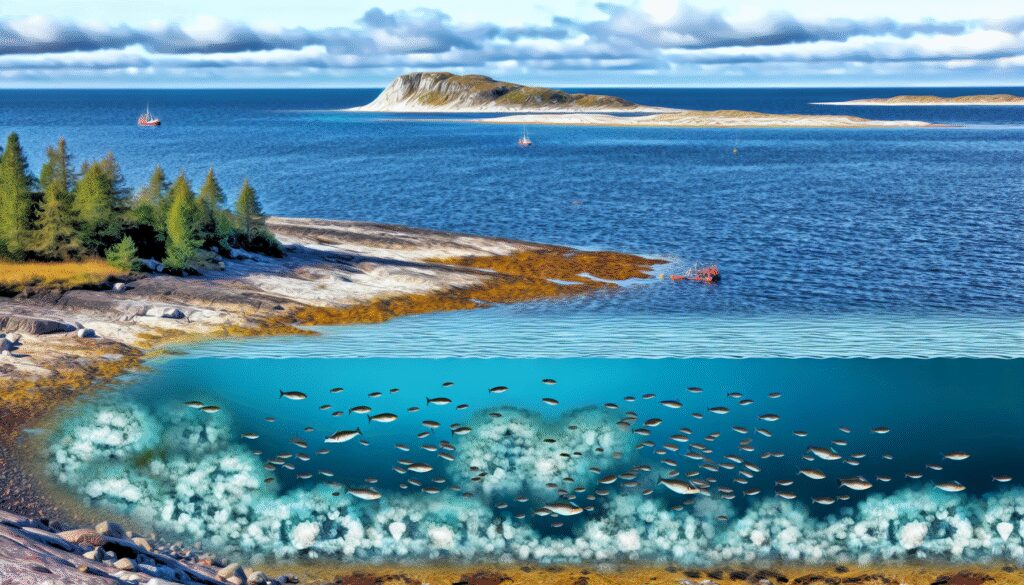
This article explores ocean acidification’s severe impact on the Åland Islands in the Baltic Sea, where unique conditions worsen effects on marine life, biodiversity, fisheries, and local livelihoods. It examines vulnerabilities, socio-economic challenges, and advocates for local and international strategies to mitigate this global threat.
Sustainable Fisheries in Nauru: Balancing Economic Growth and Ocean Conservation
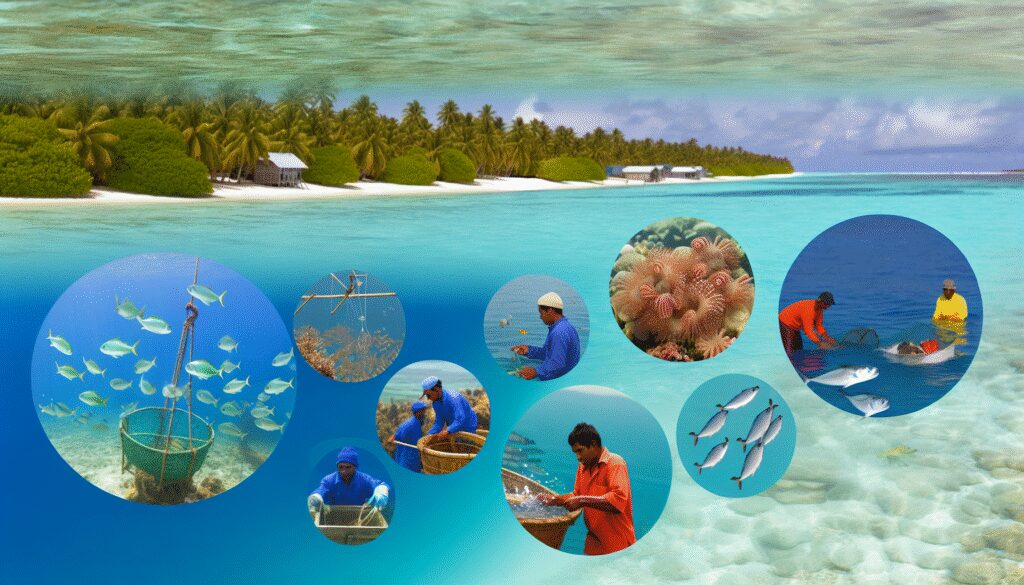
This article explores sustainable fisheries in Nauru, a Pacific Island nation dependent on marine resources. It addresses challenges like overfishing and economic reliance on fishing revenues, advocating for integrated policies, regional cooperation via the Nauru Agreement, community-based management, and technological innovations to balance economic growth with ocean conservation.
Ocean Acidification in São Tomé and Príncipe: Impacts on Coastal Communities and Marine Biodiversity
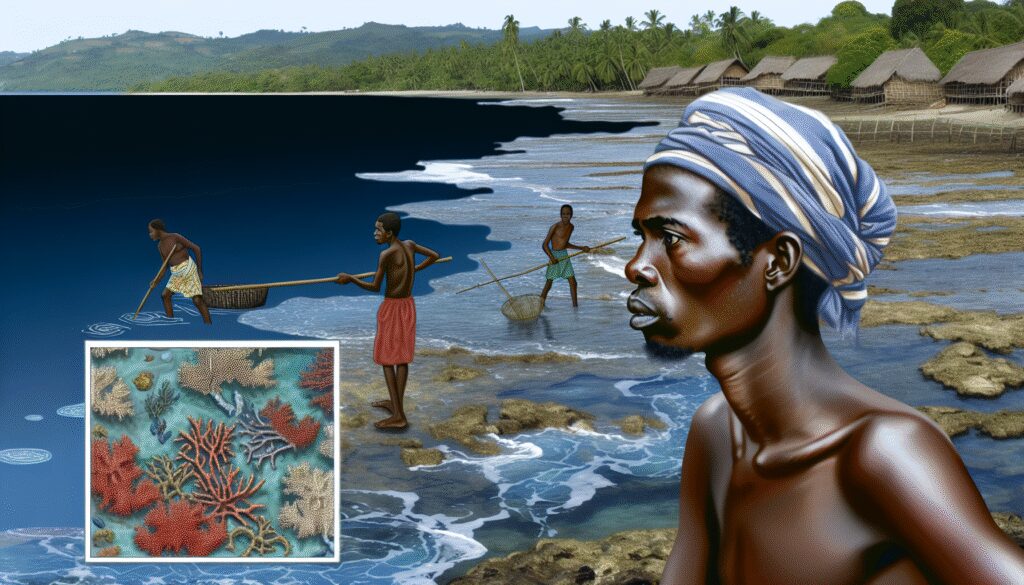
This article examines ocean acidification’s severe impacts on São Tomé and Príncipe, a small island state reliant on marine resources. It details threats to coral reefs, shellfish, and fish stocks, affecting biodiversity and coastal livelihoods. Recommendations include local monitoring, community adaptation, and international collaboration to build resilience.
Ocean Acidification Threatens Nauru’s Coral Reefs: A Growing Environmental Crisis
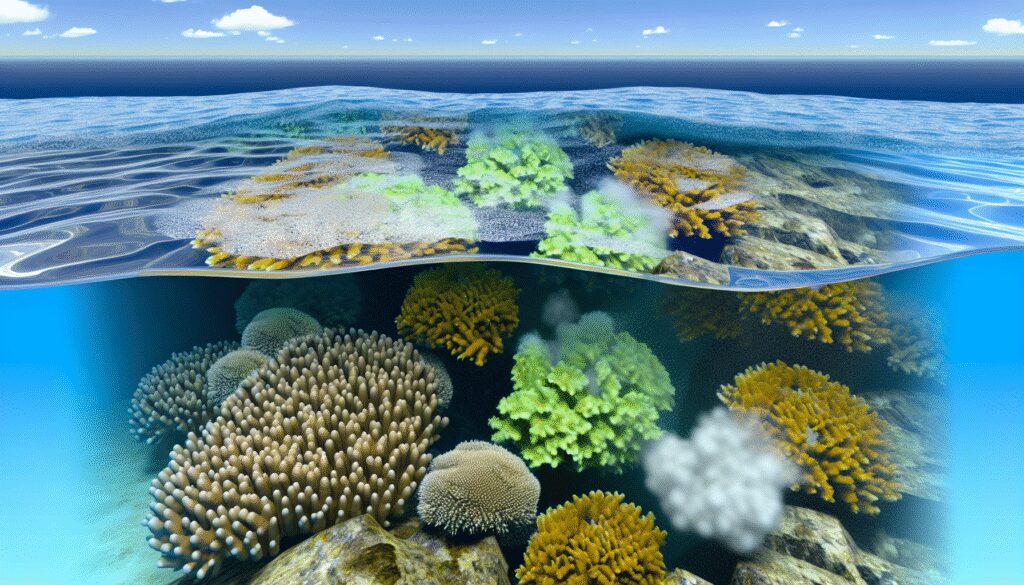
This article explores the severe impact of ocean acidification on Nauru’s coral reefs, vital for ecological balance and local livelihoods. It examines global frameworks like the UNFCCC and Paris Agreement, highlights Nauru’s vulnerability, and urges localized adaptation, international cooperation, and policy interventions to combat this environmental crisis.
Building Resilience: Sustainable Architecture for Tuvalu’s Future
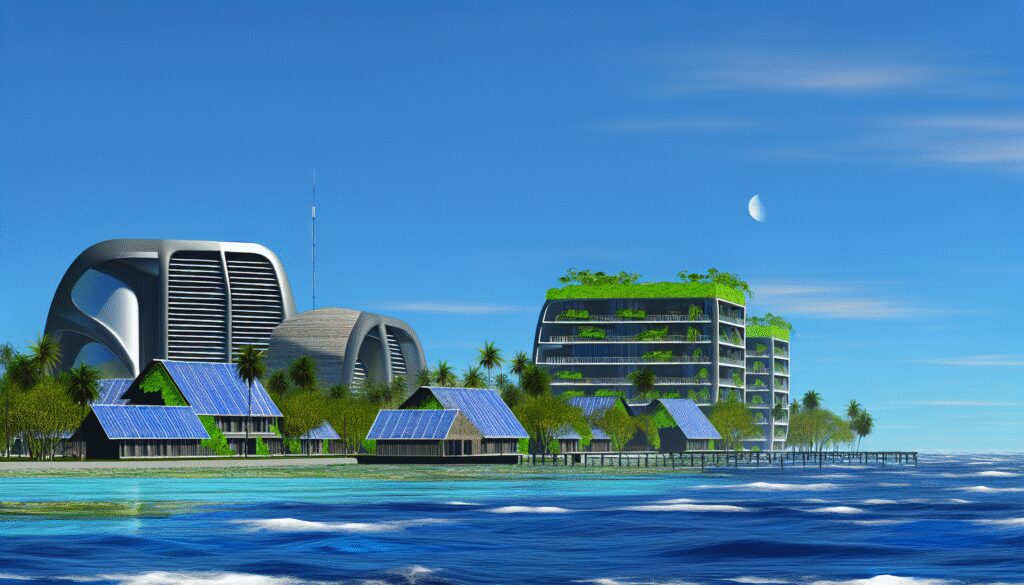
Tuvalu, a Pacific Island nation, faces severe climate change threats like rising sea levels and storms. This paper explores sustainable architecture as a solution, integrating adaptive designs, local knowledge, and international support. It proposes community-driven strategies and global collaboration to ensure Tuvalu’s resilience and cultural preservation.
Ocean Acidification Threatens Coral Reefs: The Growing Crisis in Comoros Waters
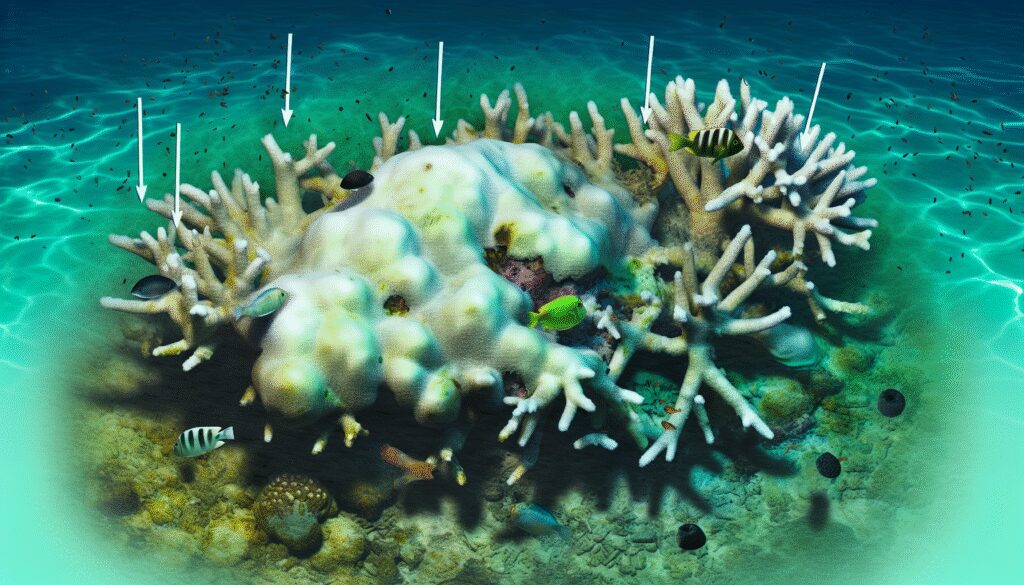
This article explores the severe impact of ocean acidification on coral reefs in the Comoros Islands, where declining ocean pH levels threaten biodiversity, livelihoods, and coastal protection. It examines global and local stressors, reviews international frameworks like UNFCCC and CBD, and recommends localized monitoring, stronger policies, and collaborative action.
Ocean Acidification Threatens Tuvalu: A Small Nation’s Battle Against Rising Seas and Changing Chemistry
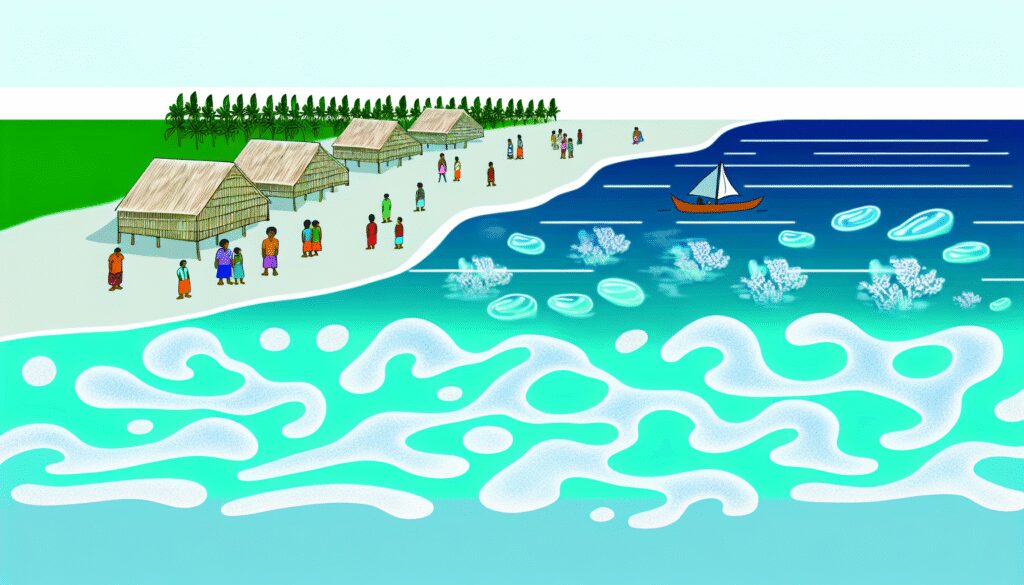
This article explores the severe impact of ocean acidification on Tuvalu, a small Pacific island nation already threatened by rising sea levels. It highlights how changing ocean chemistry damages coral reefs and fisheries, exacerbating food security and livelihood challenges, and urges global action through enhanced cooperation and localized adaptation strategies.
